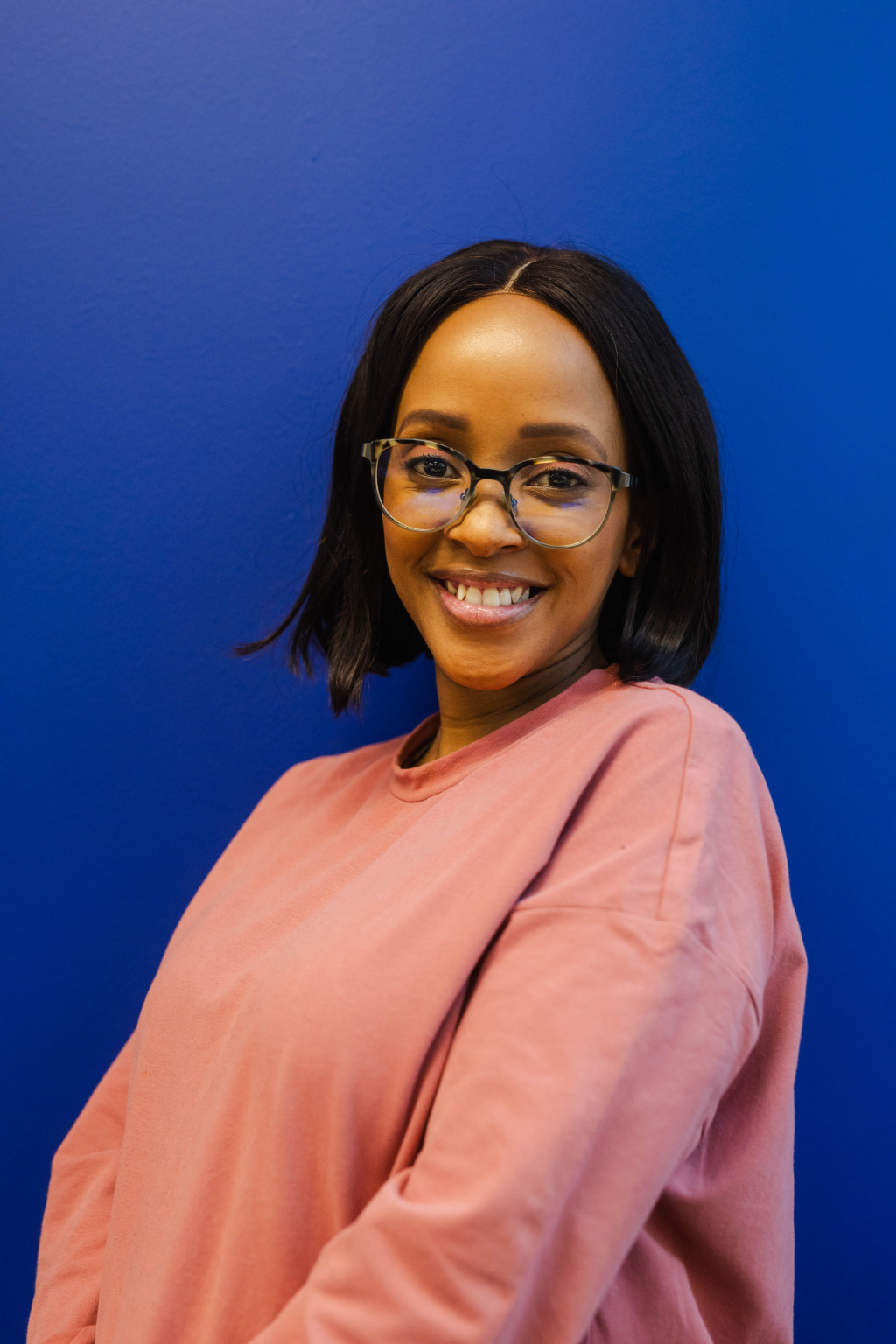Mentorship needs a diverse approach to make a lasting impact
4 min read
For Lebo Mosola-Mnjama, talent manager at technology company Dariel, it was the success of the graduate programme that led to a rethink around the company’s approach to mentorship. “The strength of our well-thought-out graduate programme was in its diversity. Because of how we approach it, everyone has equal opportunity. It is intentional and deliberate as we are always thinking ahead and what the future of our business should look like. We know that we want a workforce that are smart, capable and confident problem solvers.”
Lebo looks at mentorship differently and says she is in the process of relaunching the programme to speak to diversity and what the future company needs in its workforce: “The power of diversity is untold, particularly in a business like ours. There is so much value in a diverse management and diverse company. The future workforce should always be about creating South African companies that are a true reflection of the society we live in and all its people.”
She says a key component of mentorship is confidence. In a male-dominate environment, women need to feel seen and heard, they need the confidence to speak up. “We have strong, capable and super-smart women who are already mentors and are passionate about authentically investing in young women. There is so much value in this as women need to feel represented to be able to dream bigger.”
And it is not about women in technology for Mosola-Mnjama; for her, it is about leadership – women at the top breaking barriers for others to follow. “Succession planning is an area I would like to focus on when it comes to women in leadership, and mentoring can play a critical role in making this a success.”
The company she works for is not big, but Mosola-Mnjama says smaller companies should never underestimate the big impact a small company can achieve just by opening doors and being more inclusive: “Don’t wait for large businesses to make the difference, be the change, start the process and lead from the front.”
She also says that anyone can be a mentor. In the spirit of the graduate programme and its diversity, a mentor can be any age, at any level and in any field. It doesn’t always have to be those in senior positions. A mentor is someone who takes an active interest in someone’s career, serves as a sounding board, shares experiences and wisdom, encourages new ways of thinking, challenges assumptions and helps the mentee learn new skills. A mentor should be someone with a similar professional mindset who has accomplished the goals the mentee hopes to achieve.
“I am excited to relaunch our mentorship programme with a fresh perspective and learnings from what works with graduates and a focus on diversity,” explains Mosola-Mnjama. She says mentorship can play a crucial role in diversity by undoing systemic barriers, promoting equal opportunity for underrepresented groups and building a more inclusive culture.
“It fosters career growth for diverse employees, improves retention and promotion rates, and encourages the sharing of different perspectives, which drives innovation. Mentoring also helps combat unconscious biases and imposter syndrome by providing guidance and support tailored to individual experiences. It is an underrated mechanism to build stronger women in business leadership, and I am determined to use it to my advantage.”




